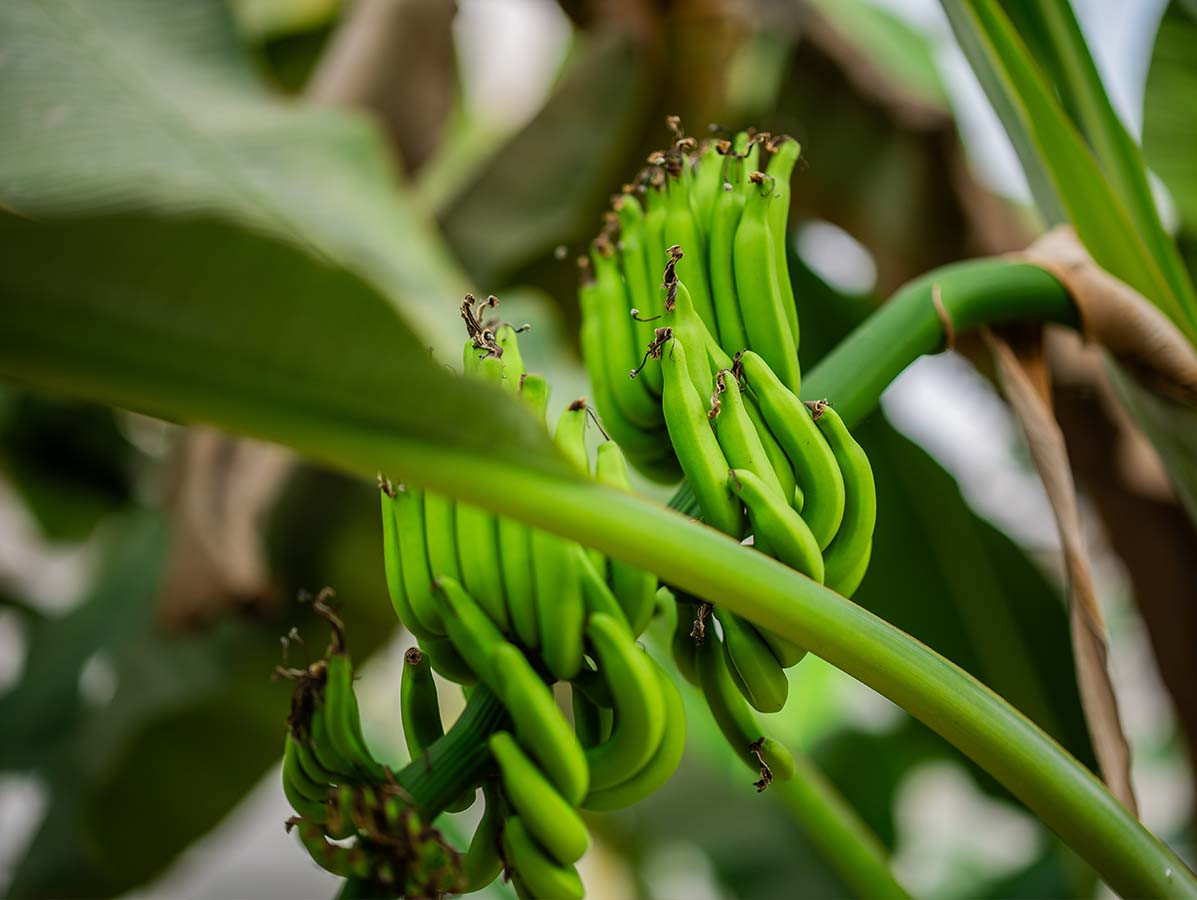
Imagine a banana that's not only more resistant to diseases but also contributes to reducing CO2 emissions. Chiquita, a titan in the banana industry, is achieving just this with their groundbreaking Yelloway initiative. Through collaborations with KeyGene, MusaRadix, and Wageningen University and Research (WUR), they have successfully developed bananas that can withstand both pathogenic diseases and environmental threats.
Driving this initiative are diseases like Tropical Race 4 (TR4) and Black Sigatoka. These diseases cost the banana industry hundreds of millions of dollars annually. Traditionally, Black Sigatoka is combated through aerial spraying, leading to significant CO2 emissions. With the Yelloway banana, this emission can be significantly reduced.
Peter Stedman, Director of Sustainability at Chiquita, explains: “With over 150 years of experience, we've witnessed firsthand the effects of climate change and environmental hazards. Yelloway isn't just a triumph for Chiquita, it's our contribution to a more sustainable world and food security.”
The diversity that the Yelloway initiative introduces is remarkable. A lineage tree has been crafted with over 160 different banana varieties and 150 successful crossbreeds. The outcome? Bananas that resist Fusarium and display tolerance to Black Sigatoka. Even more impressively, they look and taste just like the beloved Cavendish banana we all know.
Marco Volpi, Chief Marketing Officer at Chiquita, underscores Chiquita's commitment: “With the first batch of Yelloway bananas now growing in the Philippines, we are a step closer to a greener future.”
This isn't Chiquita's first foray into sustainability. They also recently launched the ‘30BY30’ initiative, aiming to reduce CO2 emissions by 30% by 2030. Recognized by the Science Based Target Initiative, this showcases Chiquita's leadership not just in the fruit industry, but in the pursuit of a more sustainable world.
Source: Chiquita